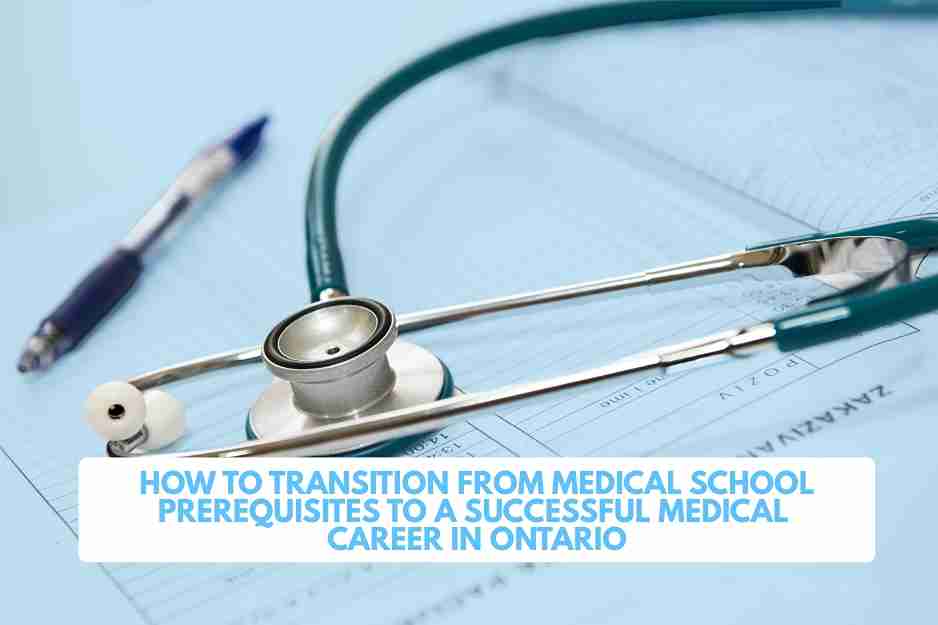Original article available at: http://www.medxcanada.org/blog/dr-suleiman-furmli
Q: What is one common characteristic you continue to see in pre-med students?
The most common characteristic that I’ve seen is anxiety, quite frankly. That’s because anyone who is committed to come down this path knows that it’s not an easy one, or they may learn it’s not an easy one along the journey. And that is what promotes a lot of anxiety, questions, and confusion. There’s so many differing opinions from friends, to family, blogs, career counsellors, hence students get stressed after factoring in everyone’s opinions from many different sources. Since there’s a lot at stake as well- tuition, time and effort into exams, family pressures, and personal pressures, it just ends up accumulating over a while. Obviously fear and anxiety are emotions that we need to some extent in order for ourselves to do well, however there should be a good balance.
Q: How do you deal with these students who are very anxious and stressed?
Right at the beginning, I acknowledge it. I think just recognizing the fears and anxiety is important to help set the stage. Before I even answer their question, I would usually say, “I know it’s probably a very difficult thing for you to go through”. Second, I try to give them the most realistic, short, and simplified version of the answer that they’re looking for. This is because I want them to truly understand me, and also allow for them to understand what they’re going through which makes the most logical sense. I usually couple that strategy with my own personal experiences to being in that situation, and let them know how I dealt with the feelings. And hopefully after all of this they can leave the room with a little more hope and encouragement. I definitely had a lot of fear and anxiety myself. Definitely was in the same situation, very difficult to deal with. I was just lucky that things aligned up the way they did. However having gone through the fear and anxiety at the beginning has definitely led me to where I am today.
Q: You’ve seen students come and go, you’ve seen the stages they’ve been through, what’s your number one piece of advice to these students?
I think the best piece of advice I’ve learned is to really be as true as you can be to yourself, in terms of knowing your motivations and your intentions for going into Medical School. The reason why this is so important is because it really depends from person to person, and every doctor needs to have their own drive. If you’re someone who truly has a strong passion that comes from within, then going through the entire process can be rather enjoyable and endurable compared to someone who is going through the process for external factors. If you’re going through the journey for external factors, such as family, income or societal acceptance, when you get to the point of dealing with stress and challenges you won’t have any internal reserve, and that’s why you’ll crumble. And even if these people, who do medicine for external factors, did get into medical school, what’s more important for them is to think about what comes after.
You have to realize that this is a decision you make for life. Having gone down this path and spending 20 years of my life in it, you have to be comfortable with the reality of what comes after and what it’s truly like to practice medicine on a daily basis. You have to continuously think about the sacrifices you make. Think about the people dying in front of you, the loss of sleep, the anxiety, your relationships, THIS is the reality you need to think about. The sooner you can deal with this reality, the better position you’ll be in justifying whether or not medicine is truly for you.
Q: Do you think there’s something to be improved in the current method of choosing medical school students?
There’s a lot of challenges with the process as a whole, if you think conceptually. You have six thousand over qualified students applying for a school with only two hundred fifty spots. It’s like having two patients who both require one ventilator, they both need it, but how do you choose? That only leaves us with the choice of creating an objective criteria, such as a GPA factor. There’s only so much you can change in the process, and, to give them credit, admission committees have been using the criteria quite effectively. I think the problem isn’t the system itself, but it’s the challenge of having to choose from so many amazing applicants.


